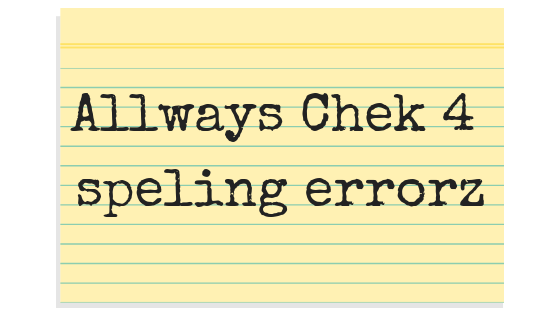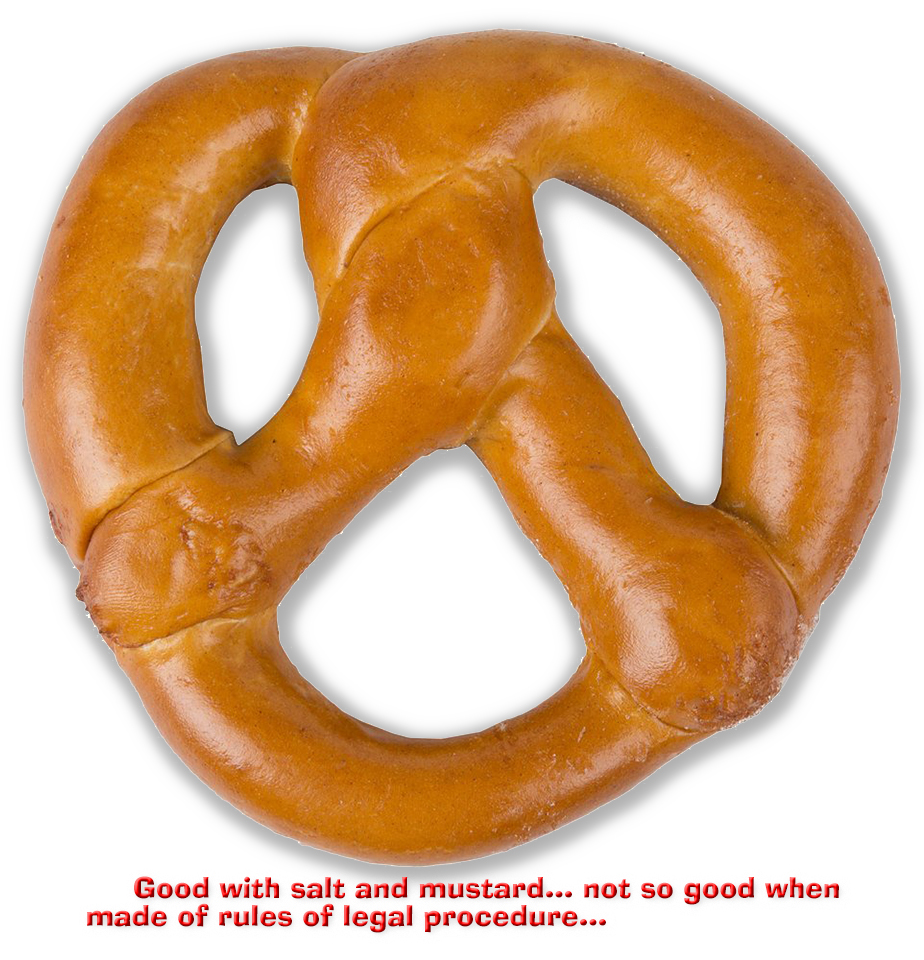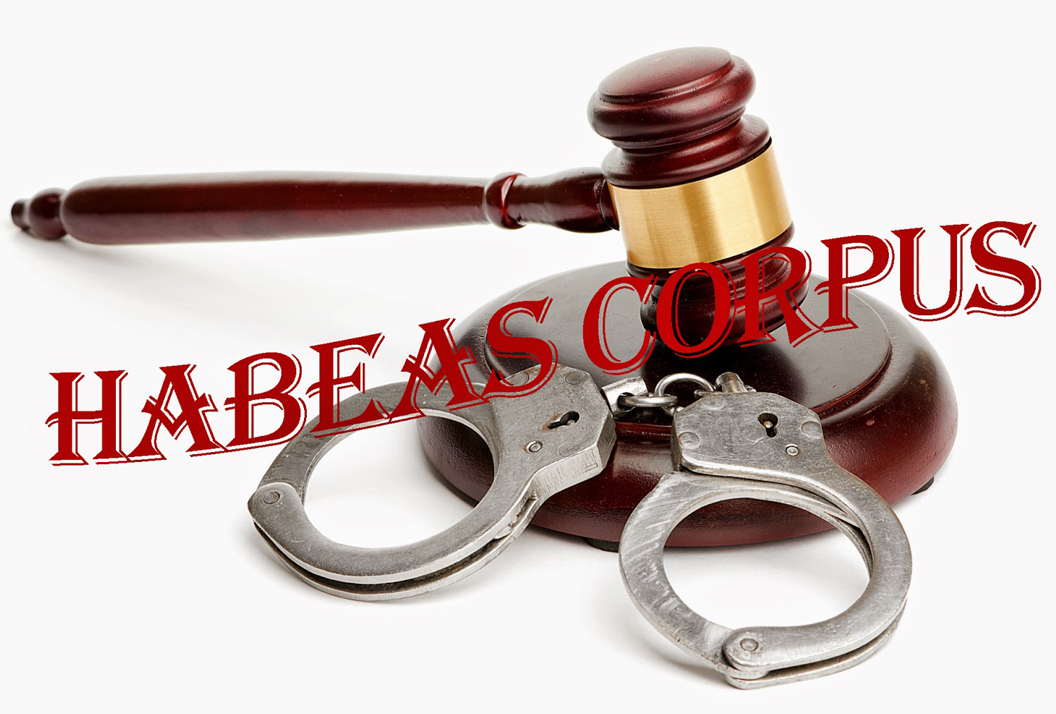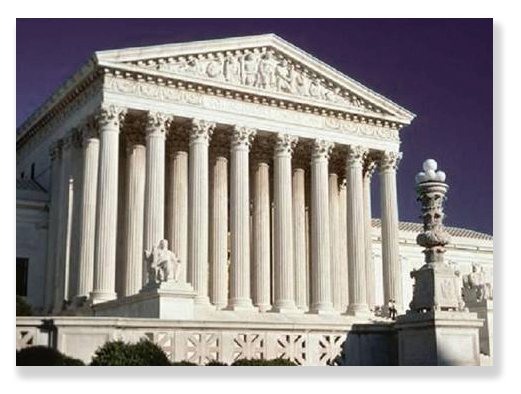We post news and comment on federal criminal justice issues, focused primarily on trial and post-conviction matters, legislative initiatives, and sentencing issues.

6TH CIRCUIT CUTS INMATE FILER A BREAK ON CONFUSING PLEADING
 Eighty-three days after his judge denied his 28 U.S.C. § 2255 motion, Joe Reho filed something with the district court. It may have been a motion for an extension of time to apply for a certificate of appealability. It may have been a notice of appeal. No one was quite sure what it was, but everyone was quite sure it was written without the benefit of a dictionary nearby.
Eighty-three days after his judge denied his 28 U.S.C. § 2255 motion, Joe Reho filed something with the district court. It may have been a motion for an extension of time to apply for a certificate of appealability. It may have been a notice of appeal. No one was quite sure what it was, but everyone was quite sure it was written without the benefit of a dictionary nearby.
The district court decided it must be a notice of appeal and dismissed it as being 23 days late.
Last week, the 6th Circuit remanded the case, concluding that Joe’s motion, which repeatedly asked for an extension of time, “is better construed as a motion for extension of time to file a notice of appeal.”
 Under Rule 4(b)(4) of the Federal Rules of Appellate Procedure, district court may extend the time to file a notice of appeal based on “excusable neglect or good cause” if an extension is filed within 30 days after the notice of appeal due date. Here, Circuit said, construing Joe’s “filing liberally, we conclude that he moved for an extension of time to file a notice of appeal. While the district court docketed the document as a notice of appeal, Joe’s motion requested, in the opening paragraph, ‘a extention of time to filed a certificate of Appealability… and to proceed inform a peuperis on appeal.”
Under Rule 4(b)(4) of the Federal Rules of Appellate Procedure, district court may extend the time to file a notice of appeal based on “excusable neglect or good cause” if an extension is filed within 30 days after the notice of appeal due date. Here, Circuit said, construing Joe’s “filing liberally, we conclude that he moved for an extension of time to file a notice of appeal. While the district court docketed the document as a notice of appeal, Joe’s motion requested, in the opening paragraph, ‘a extention of time to filed a certificate of Appealability… and to proceed inform a peuperis on appeal.”
 “This court construes pro se habeas petitions liberally,” the 6th held, apparently even where spelling and grammar are butchered. “For instance, we regularly construe notices of appeal as applications for a certificate of appealability… We have also construed motions for extension of time as notices of appeal… Repo’s motion appears to ask for an extension to apply for a certificate of appealability rather than for an extension to file a notice of appeal. But his motion is a far cry from the simple notices of appeal that we have refused to construe as motions for extension… Repo’s motion reads as a motion for extension of time to file a notice of appeal and will be treated as such.”
“This court construes pro se habeas petitions liberally,” the 6th held, apparently even where spelling and grammar are butchered. “For instance, we regularly construe notices of appeal as applications for a certificate of appealability… We have also construed motions for extension of time as notices of appeal… Repo’s motion appears to ask for an extension to apply for a certificate of appealability rather than for an extension to file a notice of appeal. But his motion is a far cry from the simple notices of appeal that we have refused to construe as motions for extension… Repo’s motion reads as a motion for extension of time to file a notice of appeal and will be treated as such.”
Reho v. United States, Case No 22-3784, 2022 U.S.App. LEXIS 31392 (6th Cir., Nov. 14, 2022)
– Thomas L. Root









